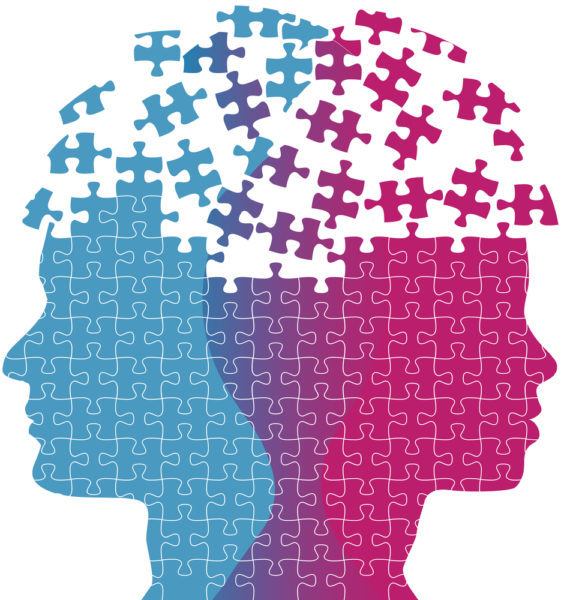Those who have not been directly or indirectly affected by an eating disorder may find it easy to dismiss behaviors associated with these conditions. They may not understand that it’s more than an obsessive diet or a desire to lose weight. But the truth is that eating disorders are serious medical and mental illnesses that are incredibly complex and risky — not merely a phase or a lifestyle choice.
Eating Disorders and Mental Health
Unfortunately, insurance companies and other organizations often fail to recognize eating disorders as the mental health problems they are. This can make it extremely difficult for those suffering from these conditions to seek treatment and for their families to gain a true understanding of their disorders.
But according to the Academy for Eating Disorders, research shows that eating disorders are, in fact, serious mental health conditions that pose serious risks such as mortality. Scientific and medical evidence supports the position that eating disorders such as anorexia nervosa and bulimia nervosa are actually biologically based and can be considered as heritable as conditions like depression, bipolar disorder, and schizophrenia. The behaviors associated with eating disorders — such as bingeing, purging, and restricting food consumption — have been shown to change an individual’s metabolism, neurochemistry, and brain structure in ways that make it extremely difficult for the person to stop these behaviors (much like addictions). In addition, eating disorders are associated with countless medical complications, cognitive and emotional impairment, and the highest rates of mortality among any other psychiatric disorder. In fact, those who suffer from eating disorders have a 10-15% mortality rate and a 25% suicide rate.
Who Suffers?
Mental Health America reports that 20 million women and 10 million men suffer from a clinically significant eating disorder at some point during their lives in the United States. While some people may be more likely to develop an eating disorder, the reality is that anyone — regardless of age, race, gender, ethnicity, sexual orientation, or size — can be at risk. And like with many other mental health issues, it’s not always obvious who may be suffering from an eating disorder. A person may appear to be healthy in many respects but may actually be extremely ill.
Eating disorders have more than one root cause, but there may often be issues related to mental health that contribute to their development. According to Mental Health America, contributing psychological and sociocultural factors may include low self-esteem, a rigid way of thinking, cultural pressure to be thin, or a history of sexual abuse. Those who have a genetic predisposition to depression or anxiety (including obsessive-compulsive disorder) may also be at a higher risk for eating disorder development. Those with eating disorders may also have co-occurring mental health conditions such as anxiety disorders (OCD, social anxiety, generalized anxiety), depression, post-traumatic stress disorder, mood disorders, and substance abuse disorders.
Are There Treatment Options?
Although many mental health disorders are not completely curable, they’re typically treatable. Eating disorders are no exception. Typically, treatment for eating disorders may include psychotherapy, medical care, or medications (or a combination) — just like countless other mental health issues. Eating disorder treatment may also include nutritional counseling. The National Institute of Mental Health stresses the importance of researching the root causes and risk factors associated with eating disorders to develop new ways to diagnose and treat these issues.
Eating disorders certainly impact the physical body, but they really get their start in the mind. That’s why they are classified as mental health disorders; despite the fact that we can’t see how an eating disorder affects the brain of someone we love, it’s imperative to focus treatment on thought processes and learned behaviors in order to facilitate recovery.











